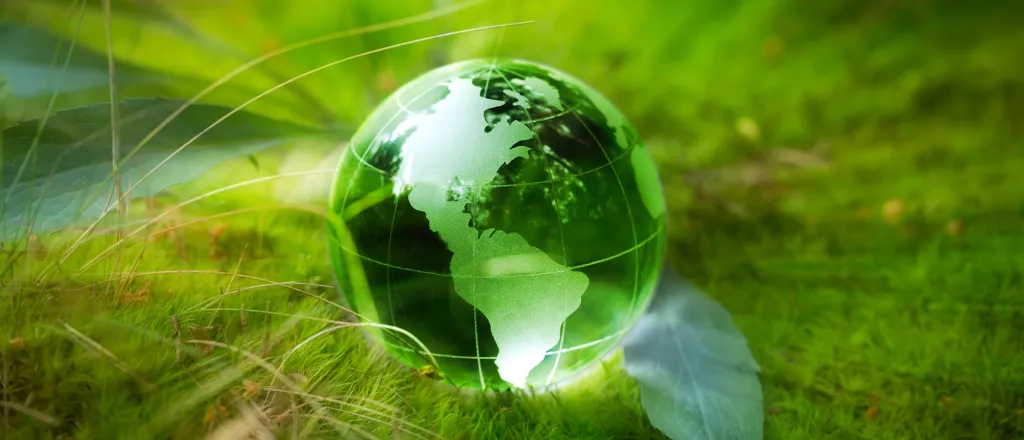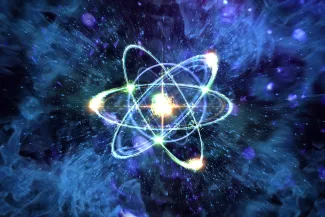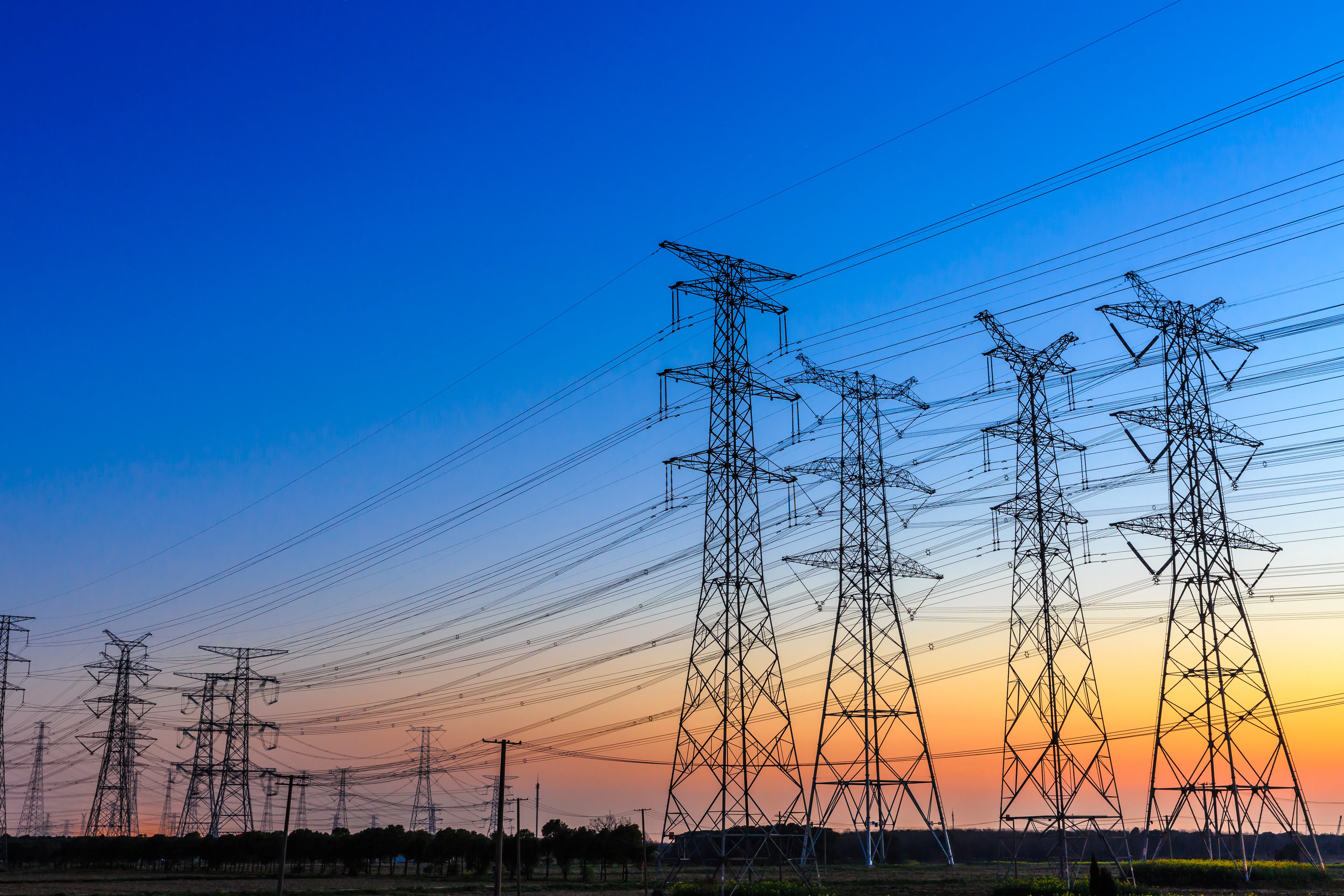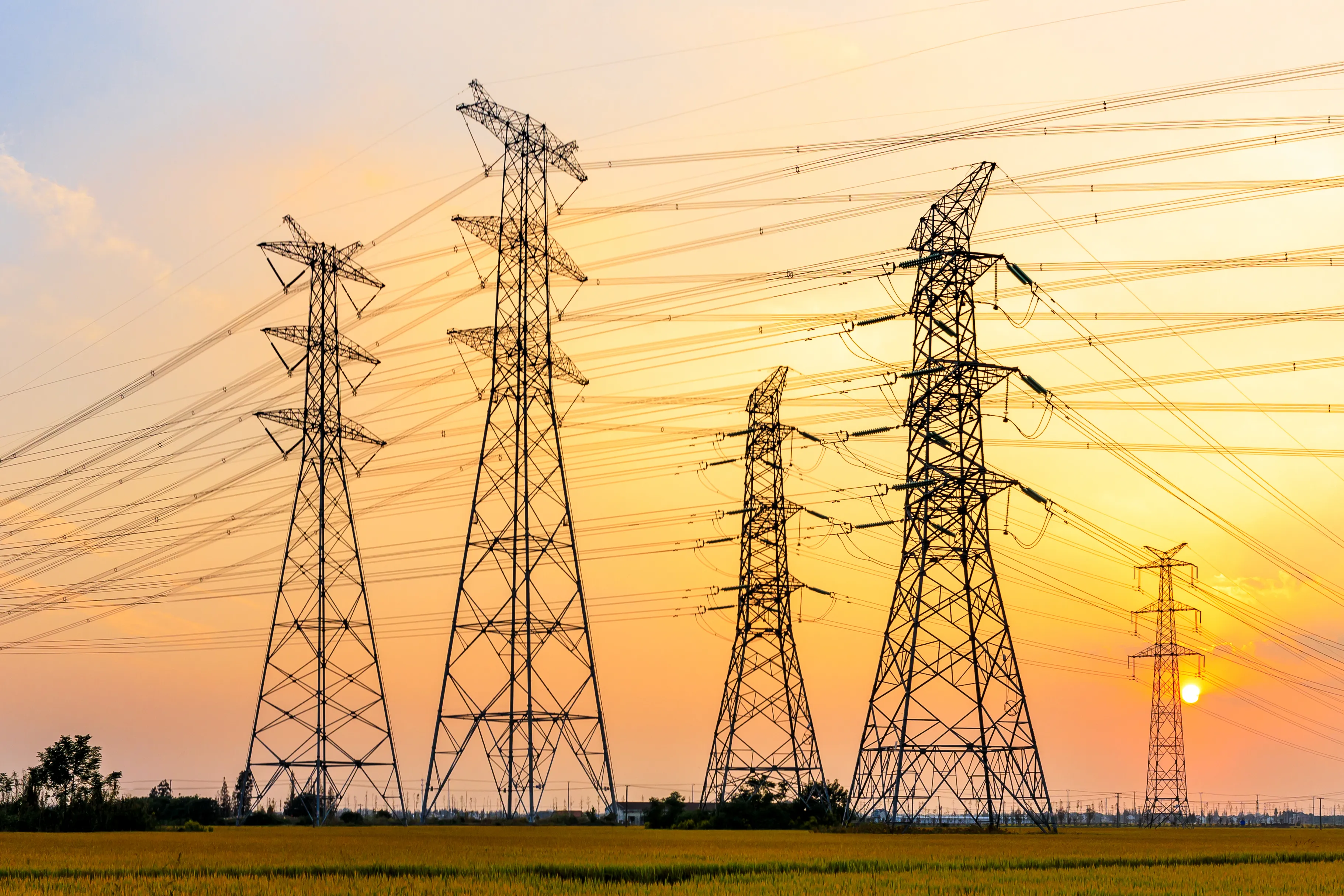
EarthTalk - Why are people so bullish on developing nuclear fusion as a power source?
© iStock
Dear EarthTalk:
Why are Bill Gates and Jeff Bezos, among others, so bullish on developing nuclear fusion as a power source?
Mark P. Newton, MA
While nuclear fission is commonly used in nuclear power plants across the globe, nuclear fusion is a lesser-known process. Whereas fission is the process of releasing energy by splitting atoms apart, fusion is the opposite. During nuclear fusion light nuclei collide with each other to form heavier nuclei, a process that releases large amounts of energy. To produce fusion, it requires a combination of the hydrogen gasses deuterium and tritium, which are heated to over 100 million degrees Celsius. The end result is a helium nucleus and a neutron, formed from the collision of light nuclei.

Fusion power offers so many advantages that many have heralded it the “Holy Grail” of clean energy. The most enticing advantage is that nuclear fusion produces no carbon emissions. The only by-products of the reaction are small amounts of helium. There are also abundant resources to produce fusion. Deuterium can be extracted from water and tritium can be produced from lithium. Nuclear fusion offers a safer alternative to nuclear fission, as a large-scale nuclear accident is not possible in a fusion reactor. And unlike fission, there is no radioactive waste as a result. The energy efficiency of fusion is another major advantage. One kilogram of fusion fuels could theoretically provide the same amount of energy as 10 million kilograms of fossil fuel.
Many billionaires and tech moguls have recognized the potential of nuclear fusion and have invested in its future, Bill Gates being the most well-known. Founded by Gates in 2015, Breakthrough Energy Ventures is a fund set up to invest in clean energy transition innovations. Breakthrough Energy is supported and funded by other well-known billionaires like Jeff Bezos and Richard Branson. In an interview with ABC News in 2023, Gates said, “Nuclear energy, if we do it right, will help us solve our climate goals.” It is easy to see why scientific minds want to invest in nuclear fusion.
So why isn’t nuclear fusion already implemented across the states? Nuclear fusion has proven difficult to implement and other energy sources often provide more reliable and consistent energy gains. It wasn’t until December 2022 that the National Ignition Facility announced a breakthrough in that it was the first time a nuclear fusion reaction created a net gain of energy. There is still much work to be done to make fusion a reliable source of energy. Other clean energy sources have considerable head starts on fusion. The first nuclear fusion reactor was started up in 1951, while the first windmills and solar panels were built in the 1880s. Other energy sources have had much more time to be perfected and improved upon. They also achieve much higher net energy gains than fusion.
CONTACTS
- Bill Gates and Jeff Bezos-backed fusion energy pioneer claims 'pivotal moment', https://www.rechargenews.com/energy-transition/bill-gates-and-jeff-bezos-backed-fusion-energy-pioneer-claims-pivotal-moment/2-1-1607295
- Why nuclear fusion is so exciting, https://news.harvard.edu/gazette/story/2022/12/why-nuclear-fusion-is-so-exciting/
- Fusion in brief, https://ccfe.ukaea.uk/fusion-energy/fusion-in-brief/
- Nuclear Fusion Is Not the "Holy Grail" of Clean Energy, https://www.pbs.org/wnet/peril-and-promise/2023/04/nuclear-fusion-is-not-the-holy-grail-of-clean-energy/.
EarthTalk® is produced by Roddy Scheer & Doug Moss for the 501(c)3 nonprofit EarthTalk. See more athttps://emagazine.com. To donate, visit https://earthtalk.org. Send questions to: question@earthtalk.org.
















